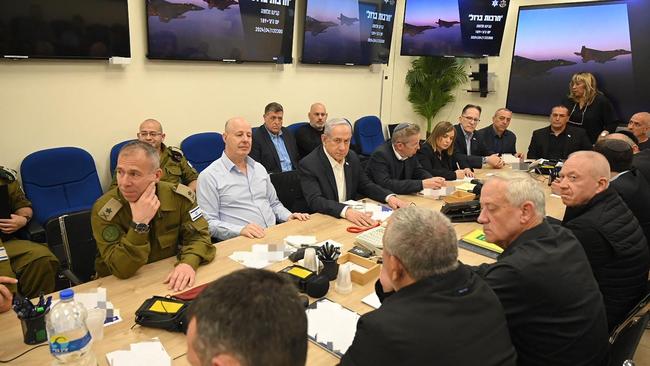LIVE
Israel at war: Israel 'won't attack Iran until Passover ends'
Despite the Israeli PM dismissing world leaders who have urged restraint, there will reportedly be no attack during Passover to give citizens some normality during the holiday.

Despite the Israeli PM dismissing world leaders who have urged restraint, there will reportedly be no attack during Passover to give citizens some normality during the holiday.
